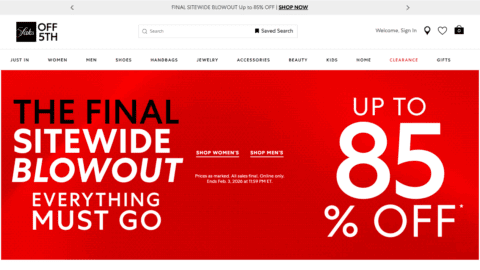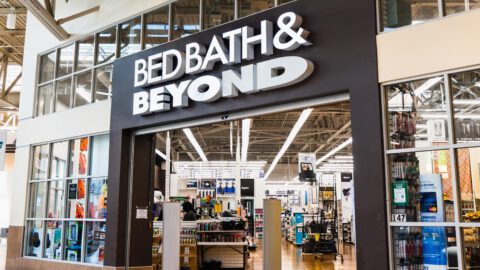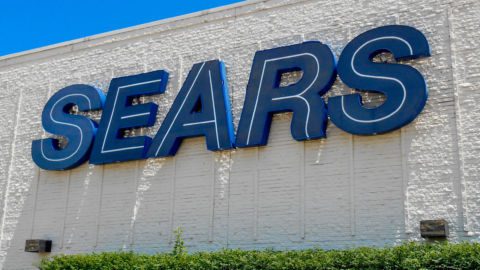In another troubling turn for the retailer-for-sale, American Apparel has placed its 13 UK stores in administration, a process in which a company grants control of its assets to a third-party official while undergoing a debt restructuring or reorganization.
The administration process is comparable to Chapter 11 bankruptcy in the U.S., which American Apparel already went through once as it attempted to reorganize before a group of its lenders bought out the retailer in January 2016. Although CEO Paula Schneider desperately geared the retailer into a turnaround mode, she resigned from the position in September as sales continued to decline.
American Apparel — which is perhaps more famous for its controversial advertising and its ousted CEO Dov Charney than for its merchandise at this point — hired investment bank Houlihan Lokey this past summer to explore a potential sale of the company. The retailer is now discussing a bankruptcy sale to brand licensor Sequential Brands and financial services company B. Riley Financial after negotiations stalled with another brand licensor, Authentic Brands, according to Reuters.
Any potential deal to sell its business in the U.S. is contingent on the brand still being able to manufacture within this country, despite cheaper alternatives overseas. If American Apparel does not come to an agreement with a buyer, it will file for bankruptcy yet again and run a sale process after.
While American Apparel’s financial issues primarily stem from the domestic side, the company’s decision appears to follow a recent trend of U.S. brands shutting down their brick-and-mortar presence overseas, particularly in the UK. In October, both Staples and Gap’s Banana Republic brand announced the closure of their UK stores. The recurring “Brexits” by these retailers could show that British shoppers simply aren’t finding a reason to shop at American brands that aren’t providing either enough differentiation or value. Going forward, U.S. brands are going to have to tread lightly before expanding their brick-and-mortar presence into the region, at least until the economic uncertainty there wanes.












